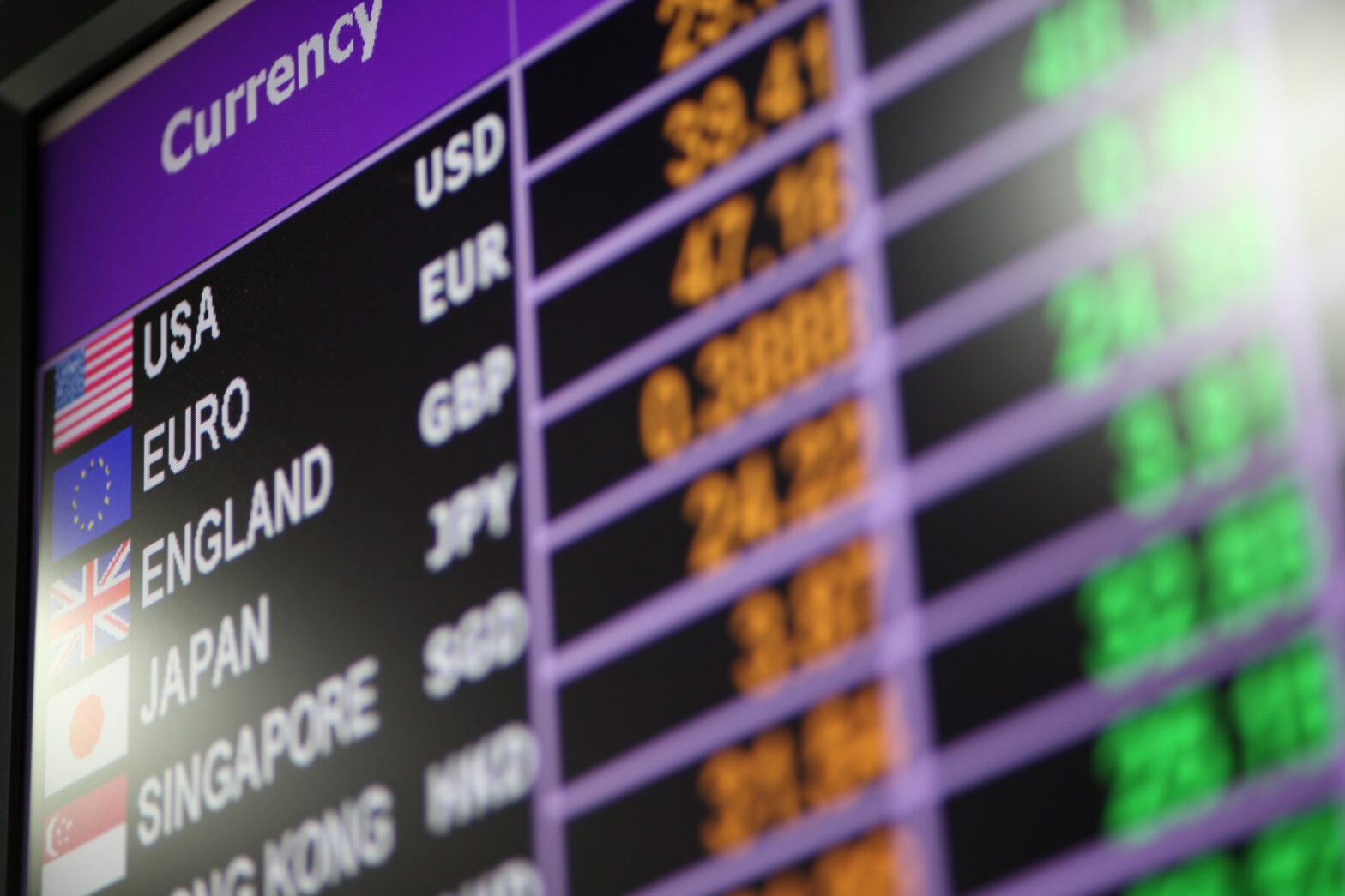With exchange rate movement having the potential to markedly impact your company’s profitability, it’s important to look at ways of maximising your foreign currency transactions.
For example, choosing the right time to trade can be key; if the Pound Sterling to Euro (GBP/EUR) exchange rate is being offered to you at 1.3850 and you convert £5,000, you’ll be in receipt of €6925.
Now, if the GBP/EUR exchange rate slips to 1.3500 on account of poor UK domestic data, dovish Bank of England (BoE) statements or even political events like an election, you’re £5,000 would only be worth €6750. The €175 difference isn’t perhaps a lot on a single transaction, but if you made foreign exchange transactions at a less favourable exchange rate every month, that could add up to €2,100 over the course of a year.
See also: Tech apprentices – five myths busted
By paying attention to market movements and conducting trades when the rate moves in your favour, you’d be able to maximise your foreign exchange purchases and benefit your business.
But how do you know what’s going to affect the market?
There are a number of different factors that can impact how a currency performs, such as macroeconomic developments, political changes or unrest, economic data, commodity prices, central bank decisions and geopolitical tensions. With so many of these factors being unpredictable, it can be a good idea to place your foreign exchange transactions into the hands of someone who can offer you expert guidance.
Currency brokers can be useful to those making trades in the future by offering market insight and allowing a customer to fix a desirable exchange rate up to two years ahead of making the transfer. To that end, you are offered some protection in case the market swings out of your favour.
However, it’s worth noting that within those two years the exchange rate could move positively so you substitute a potentially higher return for security and the ability to budget effectively.
Many businesses use banks for their foreign exchange transactions, but as highlighted above, a small difference in exchange rates can add up and have a profound impact on your books.
>Related: Using social media to recruit in an employees’ market
Therefore it’s important to shop around and compare bank rates to those offered by currency brokers to see who provides the more competitive rate. Additionally, some reputable brokers work on a commission and fee-free basis which is likely to boost your company profits even further if you’re saving money on charges.
If your business needs to make Regular Overseas Payments (ROPs) to pay for frequent product shipments or manage a foreign payroll, it may be worth setting up a plan with a broker. With a ROPs account you can arrange for the automatic transfer of funds at a pre-set date and commercial exchange rate without having to pay any additional charges.
So, as we’ve discovered, the currency market is extremely unpredictable and what seems like a small difference in an exchange rate can make a big difference to your business. Therefore, shop around, research your options and seek guidance from specialists who can help you to pick the most opportune time to trade.







